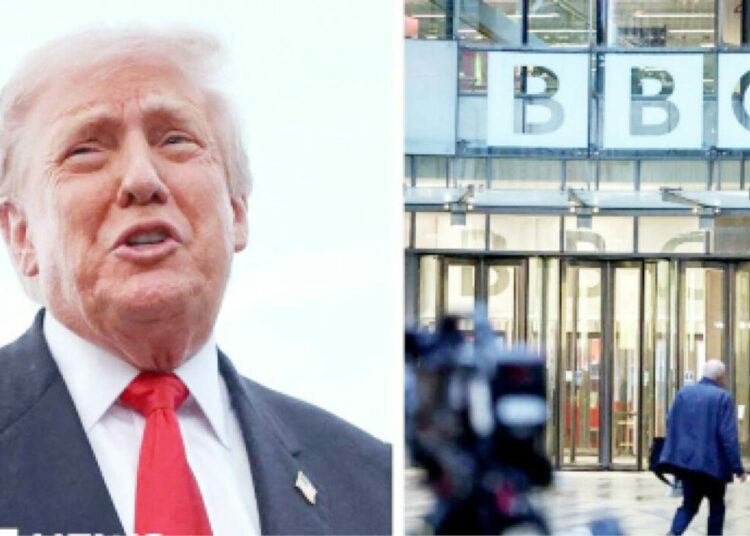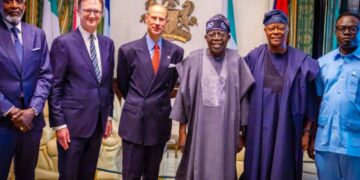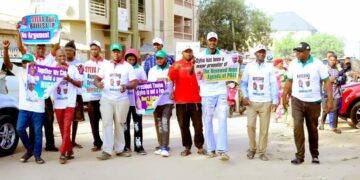The Chairman of the British Broadcasting Corporation (BBC), Samir Shah, has pledged to vigorously contest a multibillion-dollar lawsuit threatened by US President Donald Trump, following a controversy over a misleadingly edited clip of one of his speeches.
According to an AFP report, Shah, in a message to BBC staff on Monday, insisted that the broadcaster had done nothing that justified a defamation claim.
“I want to be very clear with you — our position has not changed. There is no basis for a defamation case, and we are determined to fight this,” he said, addressing the mounting tensions sparked by the programme at the centre of the dispute.
Trump, speaking to reporters aboard Air Force One on Friday, accused the BBC of intentionally misrepresenting him and vowed to take the broadcaster to court.
“We’ll sue them for anywhere between a billion and five billion dollars, probably sometime next week. I think I have to do it. They’ve even admitted that they cheated,” he claimed.
The BBC last week apologised for the documentary edit flaw, which gave the impression that Trump had directly encouraged “violent action” shortly before the January 6, 2021 attack on the US Capitol. However, the broadcaster maintained that while the edit was misleading, it did not rise to the level of defamation and therefore it would not be paying damages.
The fallout has already contributed to significant internal upheaval at the BBC, with top executives stepping down as political and public scrutiny intensified. The row is also threatening to add strain to diplomatic relations between Washington and London.
Shah acknowledged the broader concerns raised by the controversy, saying the organisation remained conscious of its responsibilities.
“We are, of course, acutely aware of the privilege of our funding and the need to protect our licence fee payers, the British public,” he said.
The saga stemmed from an edited clip aired on the BBC’s flagship investigative programme ‘Panorama’ ahead of the 2024 US presidential election. The resurfaced footage has now ignited fierce debate in the UK over media ethics, accountability, and the potential implications of a legal battle with a sitting US president.





